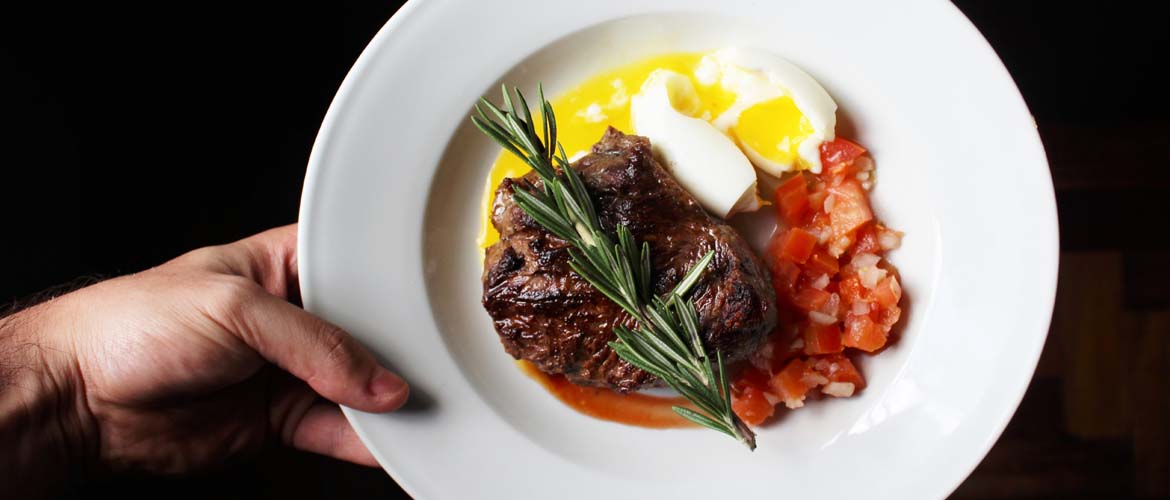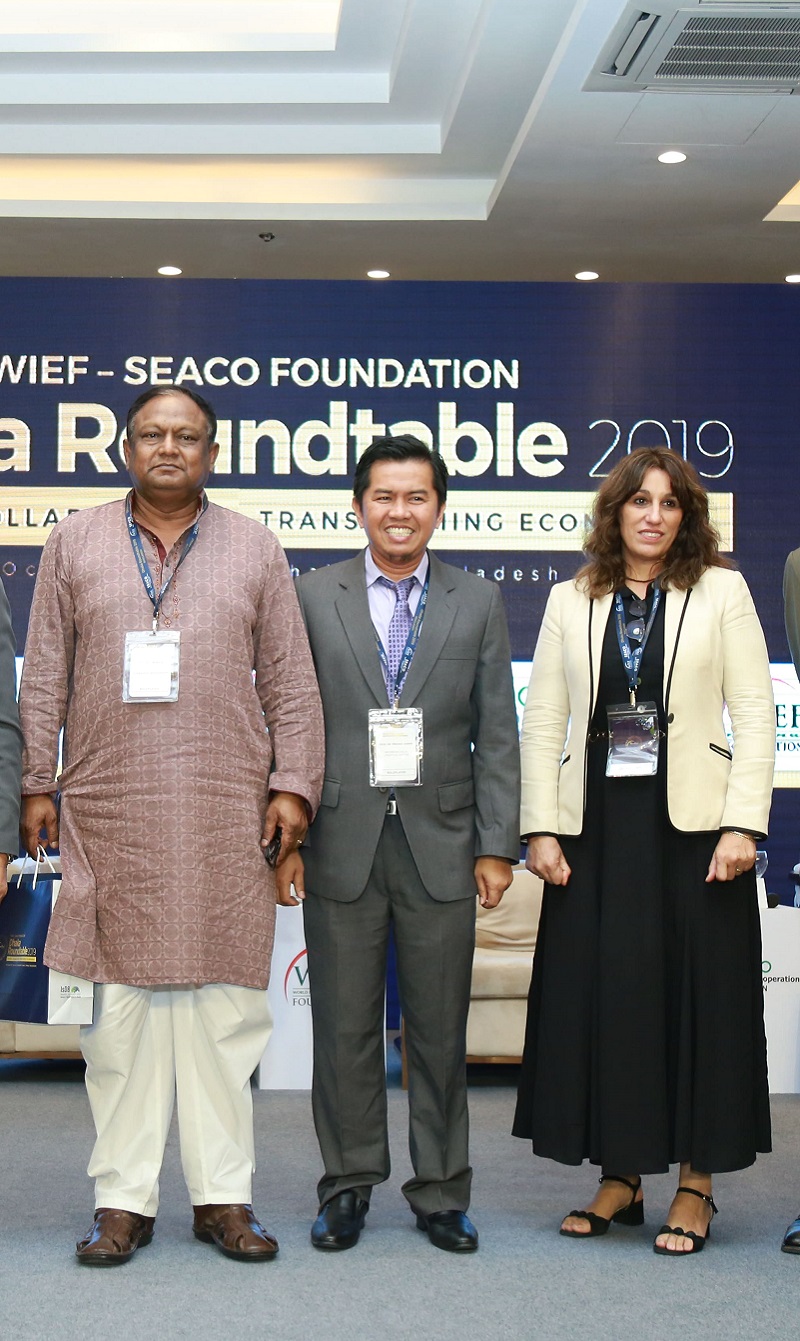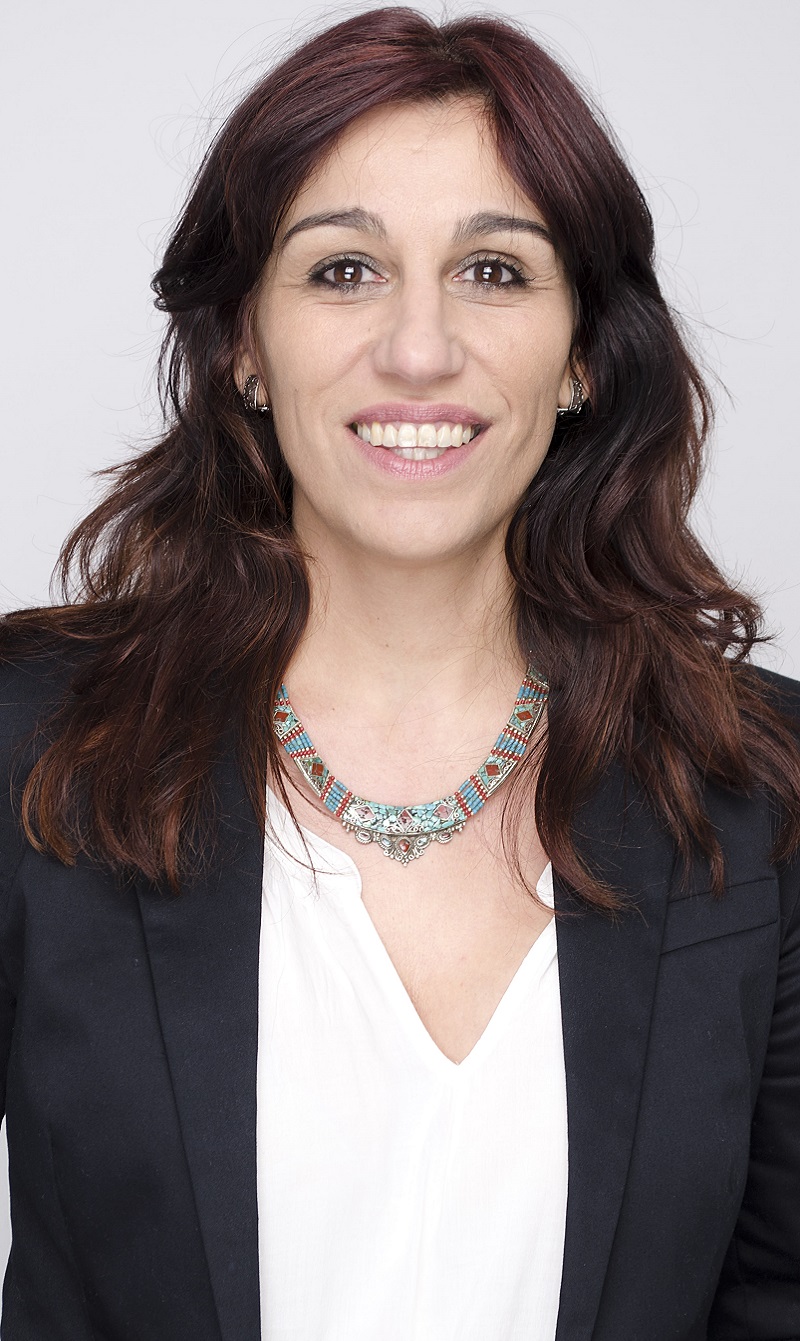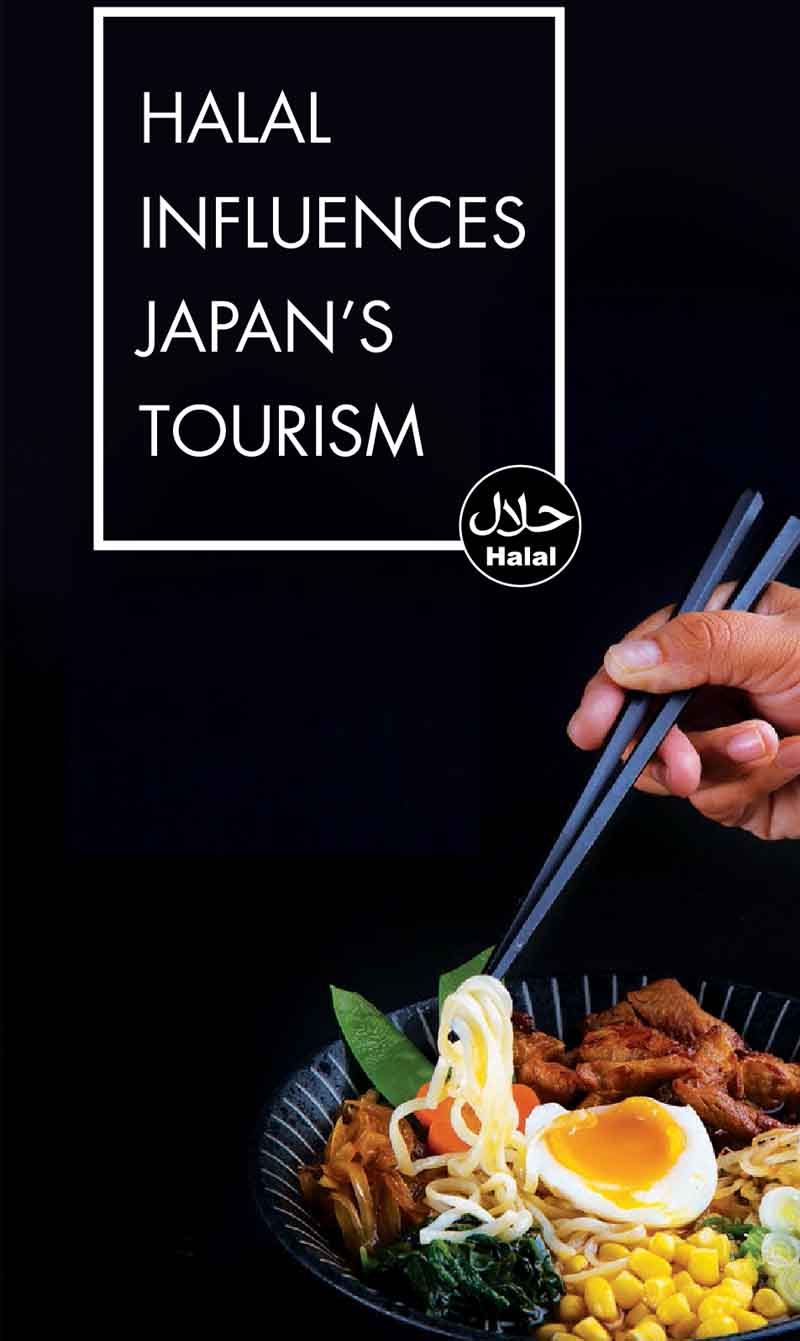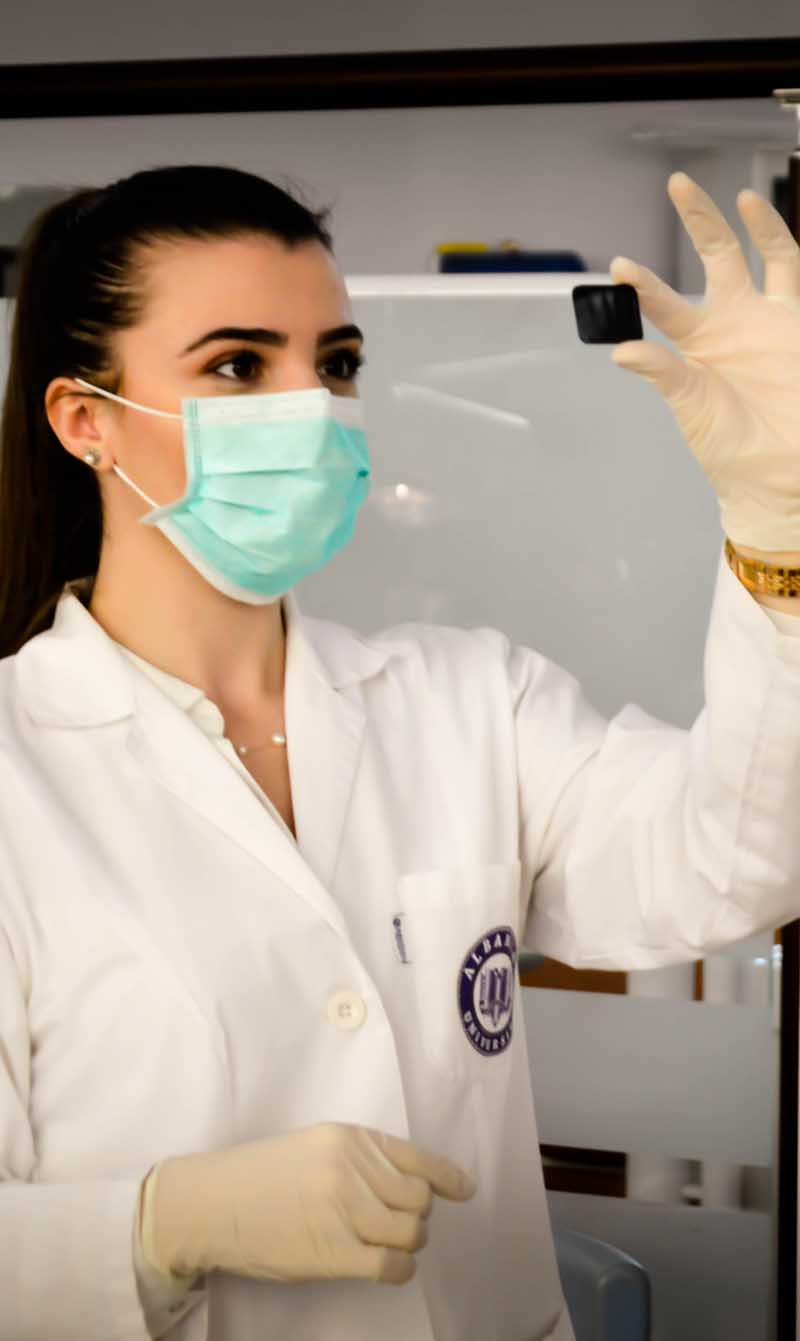Streamlining the halal supply chain: Ensuring integrity
Halal certification is a complex affair involving examination not just of ingredients but also entire supply chains, including manufacturing and logistics, all the way to the end-user. How should Muslims ensure that each step in the process conforms to the necessary standards?
Furthermore, as there is still no global authority on halal certification, consumers can be confused by the different standards applicable in different jurisdictions while suppliers and manufacturers are often hindered by complicated certification processes. What can be done to streamline the halal supply chain while ensuring that the highest standards are always met?
Moderated by Jumaatun Azmi, founder and managing director, kasehDia Sdn Bhd, Malaysia, the panel of industry representatives from the UAE, Kingdom of Spain and the Republic of Korea debated the issues and put forward their
thoughts and concerns on the integrity of the halal supply chain.
Halal industry makes global waves
Tomás Guerrero Blanco, a researcher at the Centre for Global Economy and Geopolitics, ESADE Business School, Kingdom of Spain, said that Spain had the potential to establish global halal hub around the city of Córdoba, in the region described by a triangle with the cities of Málaga and Granada at the other two points. He said that Spain had one of the most attractive domestic markets in Europe, with 47 million consumers and 56 million tourists each year. It was the fifth largest economy in the European Union and ‘we have all the elements…a dynamic business and tourist environment, [and] high-quality products in our healthy Mediterranean diet,’ he said. The Halal Institute of the Islamic Board of Spain is based in Cordoba and is responsible for halal certification in the country.
Tomás also noted some of the existing links between Spain and the Muslim World, such as football club Real Madrid’s recent alliance with the National Bank of Abu Dhabi. Spanish companies were also developing and investing in many Muslim countries, and a Spanish consortium was involved in the Haramain High Speed Rail Project in Saudi Arabia, he added. ‘I think it is a sure bet for the future of my country’s economy…[to head on the] path of halal production and service needs towards the halal market,’ Tomás said.
Man Woo Han, deputy director, Korea Agro-Fisheries & Food Trade Corporation, South Korea, said that the Korean food industry as a whole was worth USD74 billion and that halal food composed a negligible portion of it-Korea had a population of about 50 million, but there were only 35,000 Muslims, which was less than 0.1 percent.
While this would indicate that demand for halal products would likewise be negligible, studies have shown that a significant percentage of Koreans associated halal food with healthy and safe food, for which demand was very strong. ‘The reason Korean consumers think [of] halal food as safe and healthy food is the halal certificate,’ Man Woo said. He believed that halal food could be successfully marketed in Korea as health food and called on the global Islamic business community to open their certification policies to all countries. Halal certification would allow consumers in Korea (for example) to buy products with confidence.
He also noted that some Korean companies had attempted to obtain halal certification from the relevant organisations in Malaysia and Indonesia but found the process complicated and difficult. He called on the Islamic community to standardise halal certification and to ensure that processes were integrated and transparent. Such a move, he said, could lead to the development of a halal food market in Korea and potentially Japan and China as well.
The need for standardisation
Sebnem Sem, operations manager, Dubai Multi Commodities Centre (DMCC) Tradeflow was the third panellist. ‘The production and distribution of food have become international,’ she noted. ‘There are many emerging issues that were not known at the early times of Muslim scholars.’
Today’s ingredients and packaging, for example, were sourced globally and it was essential that producers, suppliers, retailers and even financiers understood all levels of the supply chain from halal processing and storage to international law.
The DMCC Tradeflow platform, she said, was a central registry for commodities in the UAE. It allowed Islamic financial products such as commodity murabahah and also had a halal inspection and rating programme, which provided additional value to Islamic financial products. Financiers could be confident that clear and rigid shariah standards were being applied even to the facilities that stored goods.
Sebnem added that the absence of halal standardisation has yielded several adverse effects including extra costs for re-testing, obstacles to trade, confusion among customers as well as confusion about product development, investment difficulties for Islamic financiers, and competing products and certification institutions. Inevitably, this would lead to a loss of revenue for all involved.
Consumer focus
Saleh Abdullah Lootah, managing director of the UAE-based Al Islami Foods, wondered if the halal process was becoming over-complicated. There have been many discussions in terms of auditing and certification, he said, and every step of the supply chain needed to be audited, from products and packaging to ingredients. This translated into costs that may be passed on to the consumer-and Muslim consumers overall tended to have low purchasing power. These costs may also affect small and medium enterprises more than larger businesses and would leave them unable to compete.
Saleh argued that the answer should be to leave it to the consumer. ‘I think if we give the right information to the consumer, he himself will be able to judge,’ he said, adding that people growing up in different countries had different backgrounds, so it was impossible to devise a uniform standard for everyone.
He also cautioned businesses against forgetting about their core activities. Meeting demand from the younger generation of consumers for quality products and presentation should take priority-but this should not come at the cost of maintaining halal standards.
Integrity beyond the label
Jumaatun asked Saleh to elaborate on his approach to certification, to which he replied: ‘I wouldn’t be worrying about
the certification body as much
as I would be worried about the process,’ adding that details pertaining to slaughtering processes, for example, should
be placed on the packaging of meat products. Saleh observed that younger consumers were more discerning and would not simply accept certification without question-they also wanted to know which authority had issued the certification and the basis of its decision. A halal logo, he said, did not mean anything in itself.
Saleh added that consumers today were smart consumers, which was what made smart communities, and the internet and social media empowered the consumer more than ever.
Jumaatun agreed with these sentiments. ‘We have relied on Islamic bodies to ensure halal integrity, but consumers are also asking ‘what does this halal mark mean?’ She added that this was about consumer’s rights, and that they should have a more systemic means of accessing information and know what was happening in the industry.
She then asked Sebnem to give her thoughts on the fragmented halal sector, and on what was the way forward. Sebnem sympathised with Saleh’s dissatisfaction about the fragmentary state of certification but believed that improvements were about to be made. She observed that the Standards and Metrology Institute for Islamic Countries (SMIIC) was on the verge of establishing an international accreditation council that would be recognised by all OIC member countries. ‘I’m expecting…in one year all of the Muslim countries will be [recognising] the same halal logo and same halal standards,’ she said.
___________________
This report is based on a 10th WIEF panel discussion in Dubai, 2014.
Photo Credit: Eduardo Roda Lopes
